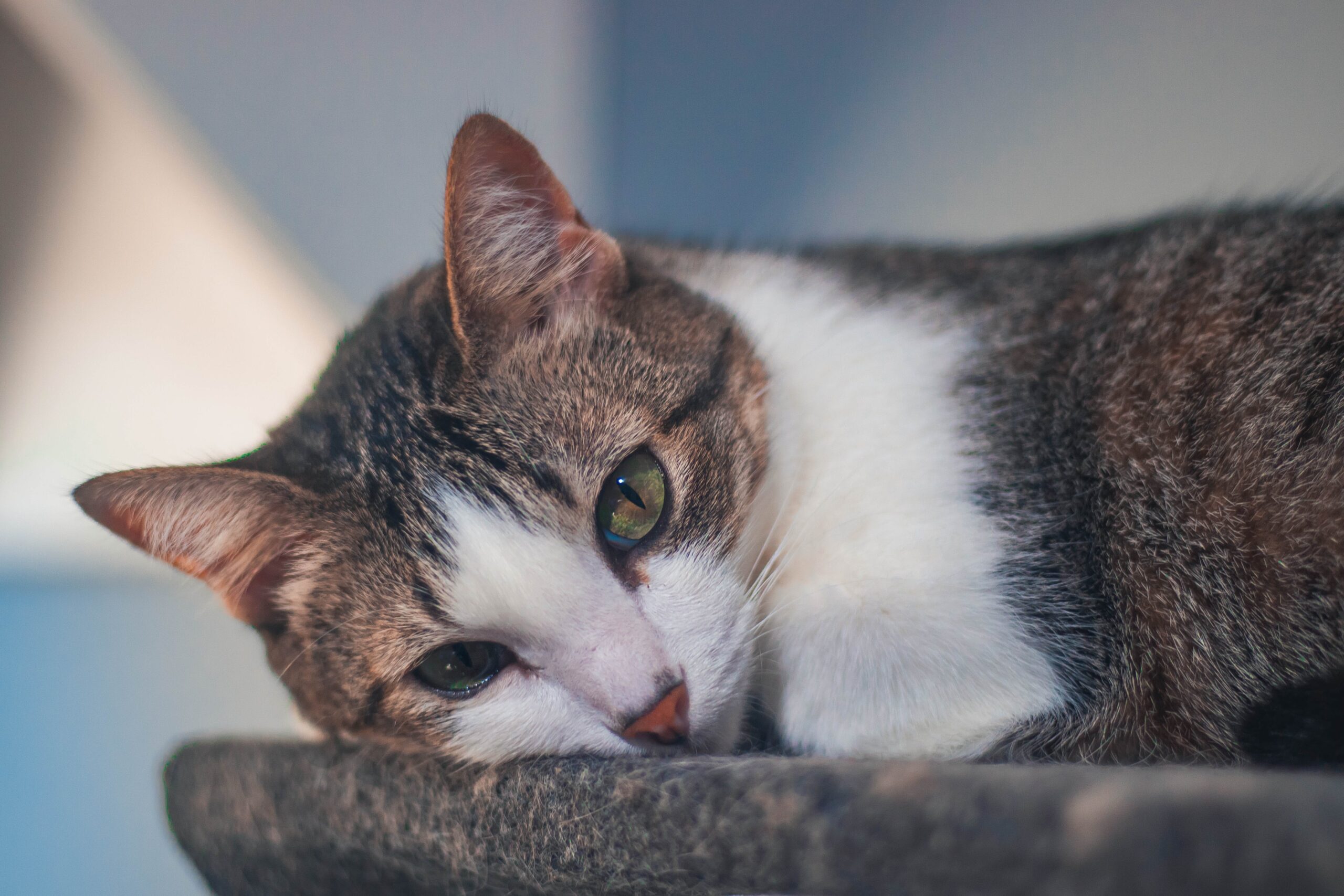Table of Contents
- Introduction
- 5 Signs Your Cat Is Stressed
- Hiding More Than Usual
- Changes in Eating Habits
- Excessive Grooming
- Aggression or Withdrawal
- Unusual Bathroom Habits
- 6 Actions You Can Take to Help Your Stressed Cat
- Safe and Secure Environment
- Enrichment
- Socialization and Bonding
- Routine and Predictability
- Multi-Cat Tensions
- Professional Consultation
- FAQ
Introduction
Hey, cat lovers! Have you ever wondered how to reduce stress in your furry friend? Cats, like humans, can experience stress, which can affect their health and happiness. Recognizing the signs of stress and knowing how to relieve cat stress are essential steps in caring for your pet. This guide will help you understand the signs of stress and offer effective stress relievers for cats.
5 Signs Your Cat Is Stressed
Cats show stress in various ways. Here are 5 signs your cat is stressed and what they indicate about their well-being.
- Hiding More Than Usual: A common stress indicator is when cats hide more often than usual, seeking solitude to feel safe.
- Changes in Eating Habits: Stress can lead to changes in eating habits, whether it’s eating less or more.
- Excessive Grooming: Over-grooming is a stress reliever for cats but can lead to health issues if excessive.
- Aggression or Withdrawal: Stress can cause a cat to become more aggressive or withdraw from social interactions.
- Unusual Bathroom Habits: Stress in cats often leads to changes in bathroom habits, including avoiding the litter box.
6 Actions You Can Take to Help Your Stressed Cat
To effectively reduce stress in cats, it’s crucial to address both the symptoms and their underlying causes. Here’s how:
- Create a Safe and Secure Environment: Ensure your cat feels safe at home. This is the foundation of how to reduce stress in a cat.
- Enrichment: Provide toys and regular play sessions to keep them mentally and physically stimulated, a key stress reliever for cats.
- Socialization and Bonding: Spend quality time with your cat to build trust and reduce their stress.
- Routine and Predictability: Maintaining a consistent routine helps minimize stress, making it easier to manage how to reduce cats’ stress.
- Addressing Multi-Cat Tensions: Ensure all cats have their own resources to reduce competition and stress.
- Consult a Professional: If stress signs persist, consulting a veterinarian or a behaviorist is a crucial step in how to relieve cat stress effectively.
FAQ
Q: Can changes in my home environment cause stress in my cat?
A: Yes, changes like moving, new people, or pets can significantly impact your cat’s stress levels.
Q: Are there specific toys that help reduce stress in cats?
A: Interactive toys that mimic prey, such as feather wands or laser pointers, can significantly reduce stress by fulfilling their hunting instincts.
Q: When should I consult a veterinarian about my cat’s stress?
A: If you’ve tried various strategies to reduce stress and your cat’s behavior doesn’t improve, it’s time to consult a veterinarian for further advice.







Leave a Reply